Nearing the End of Life: Dare to Care – Nancy Joyner
- Families ask . . . what would you do if this were your loved one? Learn how to reply without bias …
- Creative ways to discuss withdrawing or withholding treatment
- Manage patient pain and symptoms: Medical marijuana, morphine, palliative sedation or fewer medications?
- Tips to guide code status conversations with patients and families
- Resolve family dysfunction surrounding end of life decisions
- Requests to “humanely euthanize”/hastening death: How to respond?
- Hear powerful case studies that provide examples of expert, holistic care
Eleanor is an 83-year-old widowed lady with known chronic heart failure and advanced dementia. She is now hospitalized with a significant stroke and dysphagia. She does not have a healthcare directive and had never discussed what she would want, other than staying at home until she dies. She is full code. Her family still wants resuscitation attempted. Her children admit they are concerned about what is best for their mother.
What are options for Eleanor and her family? Would she benefit from artificial hydration and nutrition? How is she going to receive medications? Can some of her medications be discontinued? Who is going to be her caregiver?
In this compelling seminar, multiple case studies like Eleanor’s will provide you with examples that you can incorporate when care is more important than cure. To deliver expert, holistic care, healthcare professionals need to have a toolbox full of new interventions to promote quality care at the end of life.
Have you ever been asked, “what would you do if this was your family member?” Learn conversation options to use while staying neutral.
Did you know that a patient might enroll on hospice care and be a full code? We will discuss how this is done.
What can we do for patients seeking euthanasia who see this as the best solution? These situations are becoming more frequent. Anticipate how you will respond.
Strategies regarding comfort, communication, choices and control have unique issues and challenges for patients, families and health professionals. We have an obligation to know how to help provide emotional, spiritual, existential, and physical comfort for those who have life-limiting conditions and to support them through difficult decisions. It’s time to think outside the box.
- Explain how complementary therapies enhance quality of life for patients.
- Evaluate the risks and benefits of medical marijuana.
- Acknowledge the eight domains of the National Consensus Project.
- Analyze five complications related to artificial hydration and nutrition.
- Explore ethical issues often seen at the end of life.
- Formulate two strategies to diminish fear of death and dying.
- Connect moral resiliency to palliative care.
- An Inexact Art & Science
- Illness and dying trajectories
- Frailty
- Dementia
- Prognostication and prognostic scales
- When to refer to palliative care or hospice (disease specific)
- Essentials of Care: Comfort, Communication, Choices, Control
- Comfort Always
- Morphine: Still the gold standard?
- Pain during the final hours of life
- Drug misuse: How to avoid it
- Opioids for dyspnea
- Thirst vs. xerostomia
- Medical marijuana
- Complementary and alternative therapies
- Emotional distress interventions
- The role of spirituality
- Palliative sedation
- Communication: Everyone is Involved
- Advance care planning: More than just a form
- The terminology matters
- Your role in these critical conversations
- How much can we share?
- Truth vs. hope
- Code status discussions
- DNR does not mean do not treat
- Addressing concerns and needs of the family
- Thanatophobia: Is it fear of dying or fear of death?
- Premortem surge
- Near death awareness
- The dying process
- Choices: Shared Decision-Making
- Nutrition & hydration choices
- Voluntarily Stopping Eating and Drinking (VSED): Benefits & burdens
- Life-sustaining treatment
- Non-beneficial treatment choices
- Faith-based influences
- Ventilator support
- Dialysis or renal palliative care
- Devices to extend life
- Hastened death request: Why not humanely euthanize?
- Allowing Control: Patient-Centered Care
- Reframing hope
- What do family members want you to consider
- Who makes the decision
- What about family dysfunction…
- Is the focus quality or quantity?
- Decision to withhold or withdraw care
- Challenging decisions: Honoring patients’ wishes
- Cultivating Moral Resiliency
- Moral resilience–preserving/restoring integrity
- Personal vs. professional grieving
- Enabling character and honorable action
- Ethical Competency
- Comfort Always
Instant Access Available
Product Content

Get Instant Access Nearing the End of Life: Dare to Care – Nancy Joyner at Offimc.click Now!
Salepage: https://catalog.pesi.com/item/nearing-life-care-30696
Archive: View
Delivery Information
- Upon ordering the product, a delivery email with download instructions will be sent immediately to you so that you may download your files. If you log in (or create an account) prior to purchase you will also be able to access your downloads from your account dashboard.
- It is a digital download, so please download the order items and save them to your hard drive. In case the link is broken for any reason, please contact us and we will resend the new download link to you.
- If you don't receive the download link, please don’t worry about that. We will update and notify you as soon as possible from 8:00 AM – 8:00 PM (UTC+8).
- Please Contact Us if there are any further questions or concerns you may have. We are always happy to assist!



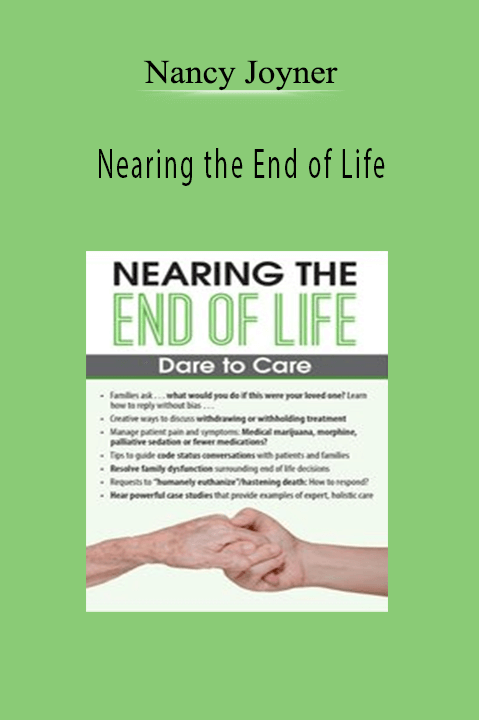

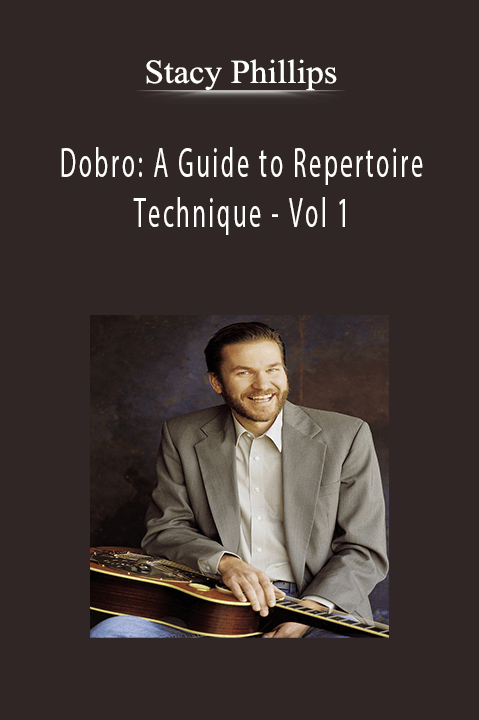

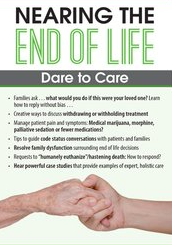
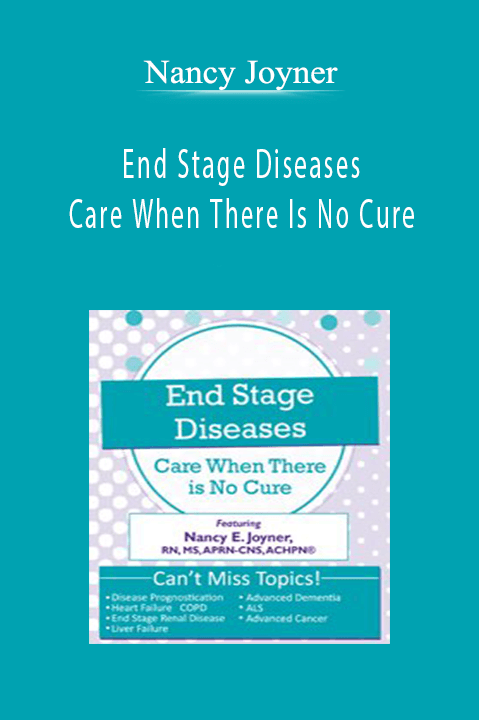
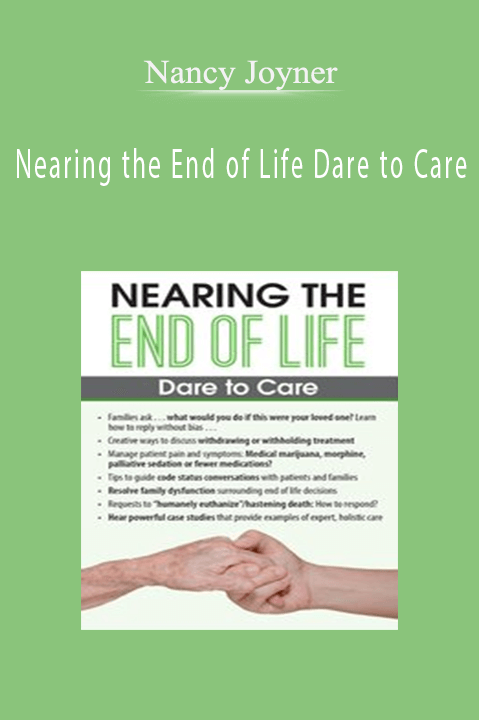
12 reviews for Nancy Joyner – Nearing the End of Life: Dare to Care
There are no reviews yet.